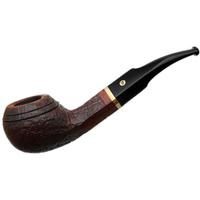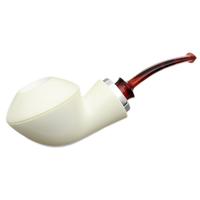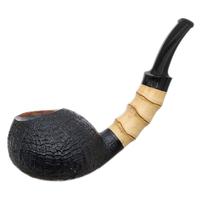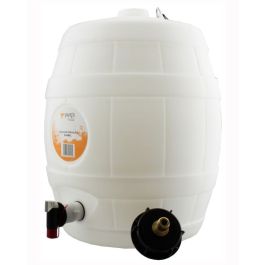So, the world has gone mad; prices are going in one direction and one direction alone  .
.
A pint of my favourite has now gone up to £4.60; this is untenable, especially if the threat of energy prices spiralling upwards is added to the mix so I’ve been looking at home brewing some beer.
I’ve personally never done home brew - an Uncle used to make something he quaintly called “Hedgerow Wine” which my dad used to say was worse than drinking Jeye’s Fluid!
In terms of equipment, what do I need?
A bucket or a barrel to mix and ferment? Thermometer? Yeast? Something to sterilise vessels?
Do you need to bottle it up or can you leave it in the bucket?
How long will it last for before going off? 40 pints is quite a lot to drink if the drink:rotten ratio is short?
Any hints and tips?
All help gratefully received.
A pint of my favourite has now gone up to £4.60; this is untenable, especially if the threat of energy prices spiralling upwards is added to the mix so I’ve been looking at home brewing some beer.
I’ve personally never done home brew - an Uncle used to make something he quaintly called “Hedgerow Wine” which my dad used to say was worse than drinking Jeye’s Fluid!
In terms of equipment, what do I need?
A bucket or a barrel to mix and ferment? Thermometer? Yeast? Something to sterilise vessels?
Do you need to bottle it up or can you leave it in the bucket?
How long will it last for before going off? 40 pints is quite a lot to drink if the drink:rotten ratio is short?
Any hints and tips?
All help gratefully received.













